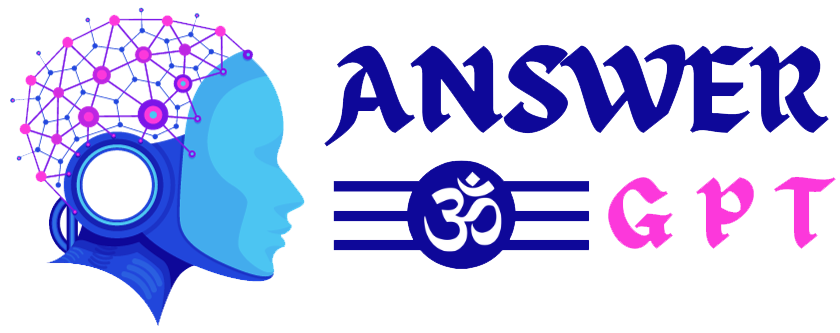Q1. Which of the following is true regarding learning in psychology?
A. The psychology of learning focuses on how people learn and how they interact with the environments in which they have not learnt
B. Learning does not involve any changes in the organism
C. Learning is a relatively temporary change in behavior
D. none of the given
Answer:- d
Q2) In order to say that learning has occurred, a/an _____ must occur during the lifetime of the organism.
A. hidden change in behavior
B. small change in personality
C. visible change in emotions
D. observable change in behavior
Answer:- d
Q3. Learning changes the ___ through the process of continuous interactions between the learner and the external environment.
A. physical structure of the brain
B. chemical structure of neurons
C. physical structure of the heart
D. chemical structure of the spinal cord
e.
Answer:- a
Q4. Watson, one of the first psychologists to study learning and behavior is known for the .
A. Little Albert experiment
B. Little John experiment
C. Little Robert experiment
D. Little Johnny experiment
Answer:- a
Q5. Which of the following is not explored and described by the psychology of learning?
A. principles of motivation
B. principles of forgetting
C. principles of genetic disorders
D. principles of memory
E. principles of retention
Answer:- c
Q6. The state of may be valuable at the start of a learning experience.
A. conscious incompetence
B. unconscious incompetence
C. conscious over-competence
D. unconscious over-competence
Answer:- a
Q7. _____ is the decrease in the response that an organism gives to a stimulus to which it is exposed in numerous trials or occasions.
A. Habituation
B. Sensitization
C. Forgetting
D. Meaningful learning
Answer:- a
Q8. Cooperative learning is shaped by three crucial elements. Which of the following is one of them?
A. formation of heterogeneous groups
B. positive interdependence
C. individual responsibility
D. all of the given
Answer:- d
Q9. Which of the following psychologists is an important contributor to the concept of observational learning?
A. Watson
B. Dewey
C. Bruner
D. Bandura
Answer:- d
Q10. Which of the following is not considered a pioneer of the behaviorism school of thought in psychology?
A. Watson
B. Skinner
C. Freud
D. Pavlov
Answer:- c
